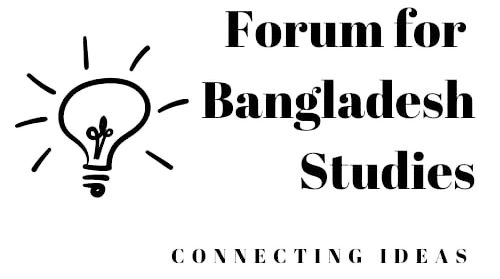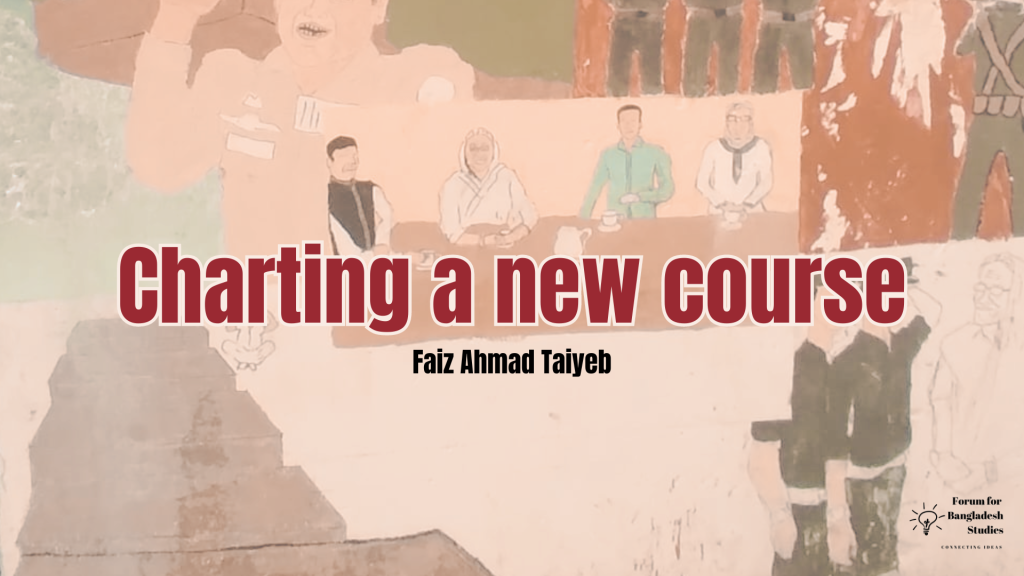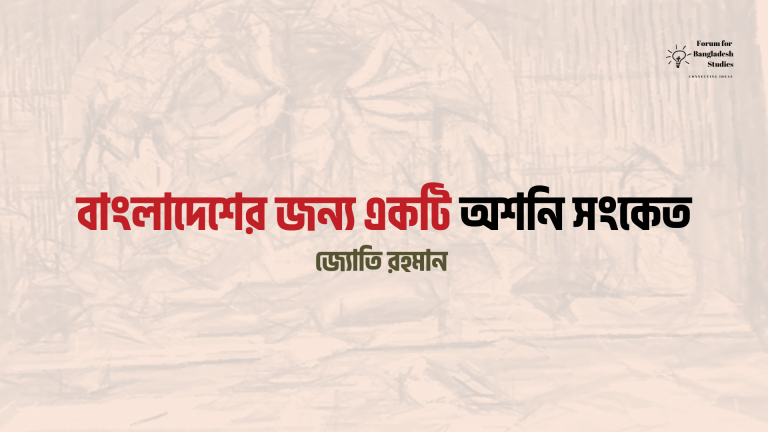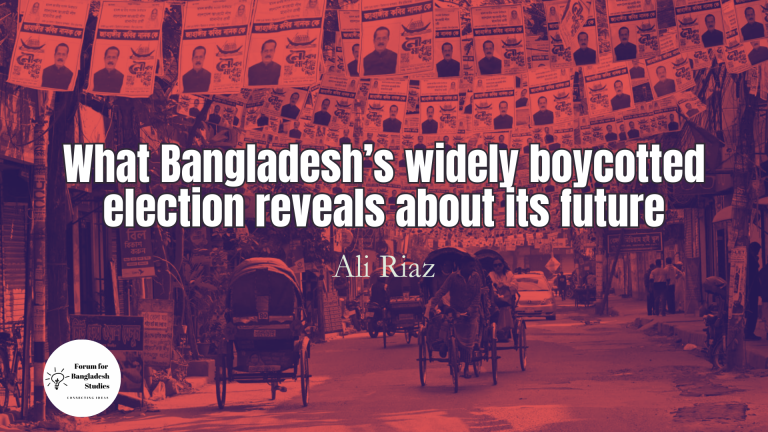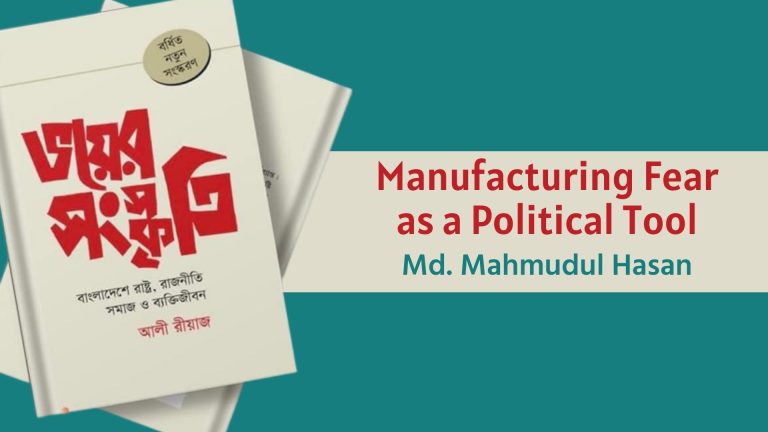Bangladesh stands at a critical juncture following the fall of Sheikh Hasina’s regime, with renewed discussions on state reform and political settlement. The process of constitutional reform is crucial to re-establish democratic governance and stability. Currently, three schools of thought dominate the discourse: revolutionary constitution-building, standard constitutional reform coupled with a referendum, and reform based on Professor Mushtaq Khan’s political settlement theory. Here, I would like to explore each approach in detail, highlighting their implications for Bangladesh’s future.
Revolutionary constitution building
Revolutionary constitution building involves drafting a new constitution by the parties that led the revolutionary movement. This approach allows the architects of the revolution to embed fundamental changes that address systemic issues and rectify power imbalances. Advocates of this method argue that it can create a constitution that is truly reflective of the revolutionary ethos and aspirations of the populace.
Nevertheless, this approach is fraught with challenges. The exclusion of other political forces in the drafting process can lead to a lack of consensus and national unity. Moreover, the revolutionaries may lack experience in statecraft, leading to practical difficulties in governance. There is also the risk of replacing one form of autocracy with another, as the new constitution could entrench the power of the revolutionaries without adequate checks and balances.
Proponents argue that while constitutional change was not the initial target of the movement, the dire need for reform has emerged following mass killings and severe human rights abuses under the previous regime. These actions transformed the state into a one-party system, undermining democratic rights and stifling opposition through extra-judicial killings and enforced disappearances.
Given these circumstances, scholars supporting this school of thought contend that a revolutionary constitution is necessary to eradicate the old power structures and prevent a recurrence of such autocratic practices. This approach aims to embed new democratic values and frameworks reflective of the people’s aspirations for a just and equitable society.
Standard constitutional reform with referendum
Standard constitutional reform involves amending the existing constitution through legal procedures and ratifying these changes through a public referendum. This process ensures that the populace has a direct say in the governance structures that affect their lives. Proponents argue that this method enhances the legitimacy of the government and ensures that reforms reflect the will of the people. Moreover, it allows for gradual change, which can maintain stability during the transition period.
However, this approach faces significant challenges. There is a risk that entrenched political interests may influence the reform process, potentially undermining the democratic aspirations of the population. Additionally, public opinion can be swayed by populist rhetoric, which may lead to decisions that do not necessarily reflect long-term national interests.
After the mass upheaval and the interim government’s rise to power, the urgency for constitutional reform has intensified. Advocates argue that reforms validated through a referendum will have legitimacy and sustainability. This method emphasises the political process, highlighting the importance of political parties and the elite power nexus in adhering to new legal frameworks.
This school of thought stresses the necessity of integrating reforms across society and politics, ensuring that changes are not only top-down but also enjoy grassroots support. Political parties must pledge to implement these reforms as part of a broader political settlement, involving businessmen, bureaucrats, agencies, and civil society. This comprehensive approach aims to foster a participatory democratic process where students and labour groups can protest against misdeeds, keeping the political settlement open and accountable.
Reform based on the political settlement theory
Professor Mushtaq Khan’s political settlement theory offers a different lens for constitutional reform. This theory emphasises the importance of acknowledging the distribution of power and interests among various groups in society. By considering the existing power dynamics, reforms can be more inclusive and pragmatic, potentially leading to greater political and economic stability.
Implementing this theory involves complex negotiations among different power holders, ensuring that reforms are inclusive and pragmatic. However, this approach faces resistance from dominant groups reluctant to cede power. Despite these challenges, Khan’s theory provides a pathway to achieving a balanced and stable political settlement.
However, in the process of implementation, there are several questions to be raised and points to be considered.
When it comes to state reform versus political settlement through exercise of power, how can a well-crafted constitution mitigate the tendency of the current power structure in Bangladesh to foster dictatorial governance? Additionally, can a near-perfect constitution eliminate authoritarian rule, financial exploitation, and discrimination?
The power players in Bangladesh—politicians, businessmen, bureaucrats, and other influential power elites (partners in crime)—often operate beyond the bounds of existing laws and institutions. How can this concentration of power be disrupted, and what mechanisms can achieve a more equitable shift in power dynamics?
For organisational and institutional reform, firstly, the questions of what exactly constitutes an institution, according to theoretical frameworks, and how are institutions currently organised in Bangladesh must be addressed. Is there any institution at all, are not they mere organisations? What are the strengths and weaknesses of formal and informal institutions in Bangladesh, and how do they function within the broader institutional framework?
Given the monopolisation and inefficiency in various institutions such as the judiciary, public administration, and the Bangladesh Bank, how can a political settlement positively influence these institutions to enhance their effectiveness and reduce corruption?
Unlike a constitution, a political settlement is not a formal document. What practical foundations construct a political settlement? How does a political settlement impact policy design? What types of institutions are necessary to create effective policies that are free from the influence of powerful groups?
Lastly, political settlement should be linked with development. How can a political settlement contribute to political stability and economic development? What measures can be taken to accelerate development in Bangladesh? With Bangladesh experiencing jobless growth and a Gini coefficient of about 0.5, how can economic growth be balanced with efforts to reduce inequality? What strategies can be recommended to resolve the current economic crisis and restore both political and macroeconomic stability in Bangladesh?
I am inviting Bangladeshi intellectuals to navigate constitutional reforms, power balances, and inclusive development pathways through such questions.
A comparative analysis of these approaches reveals their respective strengths and weaknesses. Revolutionary constitution-building offers comprehensive change but risks exclusion and potential autocracy. Standard reform with a referendum provides legitimacy but may be susceptible to manipulation by entrenched interests. Khan’s political settlement theory seeks a nuanced balance of power but is challenging to implement. A hybrid model that incorporates elements of each, engaging public participation, revolutionary ideals, and pragmatic power-sharing, could pave the way for a more inclusive, stable, and democratic Bangladesh.
Originally Published : The Daily Star, Aug 26, 2024
